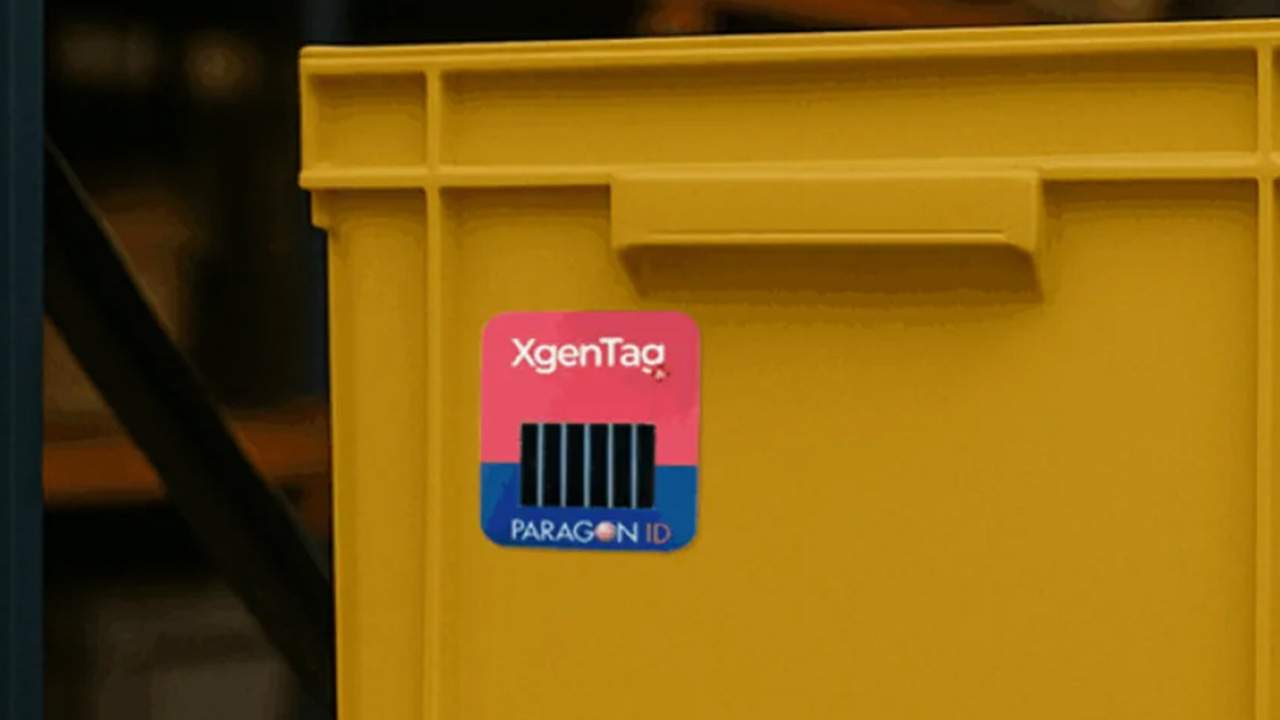A B2B platform for all
‘Your perception of quality in the next five years will be data driven. It will not be controlled by people in your office but by someone thousands of miles away from you. They will not want to have your opinion or a confrontation,’ Annunzio said.
He predicted that Industry 4.0 will dramatically change the business structure. Machine manufacturers, converter and suppliers will become partners and share data. ‘This will take away privacy, which the old generation may not be comfortable with. It, however, comes naturally to the new generation. It will have a lot of benefits because industry benchmarks can be created when everyone has access to data. A supplier, for example, can help a converter who is not performing efficiently to match the industry benchmark and be more profitable.’
Data sharing, he said, will be facilitated by a common platform. ‘Just like Airbnb and Uber are B2C platforms, a B2B platform for packaging world will spring up that will have all companies listed on it. Printing process will totally be digital so all data will be available. An entrepreneur will want to use the investment he has made and not let his press stand idle. So, he will want to access this data from around the world and not just the customers close to him. The condition will be to agree to share your data on this platform in order to get access to more customers and suppliers for your business. The choice of printing process will be irrelevant. Both analog and digital will be automated and data driven,’ he emphasized.
He then cautioned that the skill set of people in the industry will have to change. Citing an example, he explained, ‘It is difficult to start printing with 7-color separation because each process has to be perfect. However, the advantages are immense as your lead times reduce drastically and your press doesn’t have to be stopped at all. Once you have perfected the process, it is not tough anymore. So, people will have to be trained to think about software and not plates or ink.’
‘While big companies will share their data to survive, the smaller ones will look for niche markets where no one is venturing and will specialize in their work. There will be more players and thus more opportunities to go to different markets and increase exports,’ Annunzio concluded.
Labelexpo Europe 2017 will present Industry 4.0 with the inaugural Automation Arena
Stay up to date
Subscribe to the free Label News newsletter and receive the latest content every week. We'll never share your email address.

